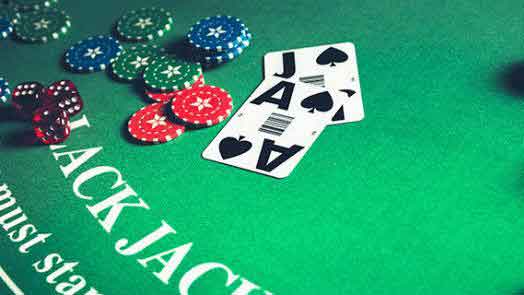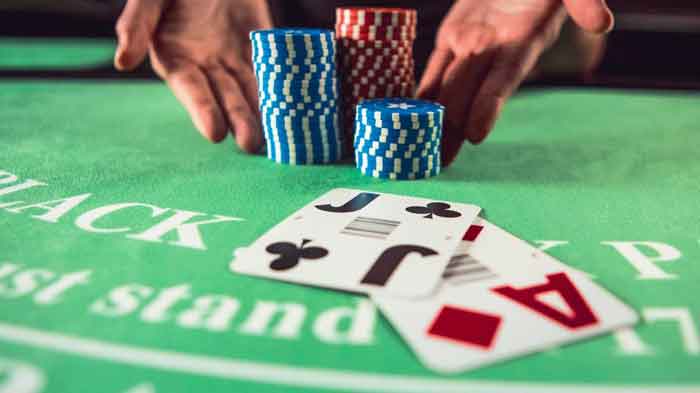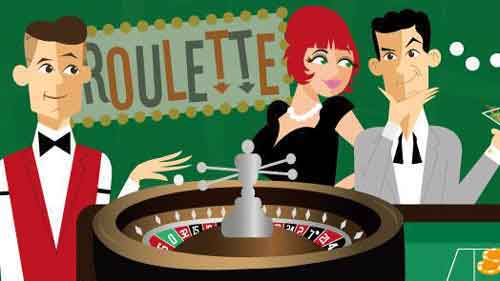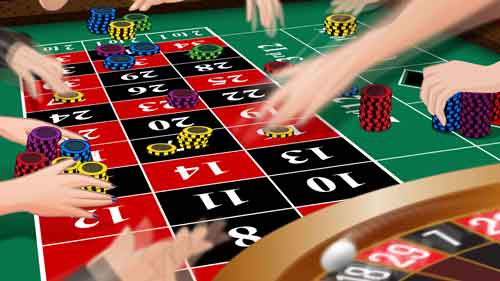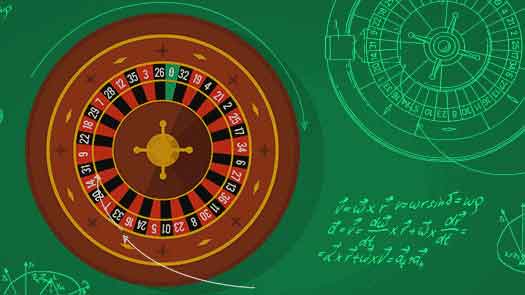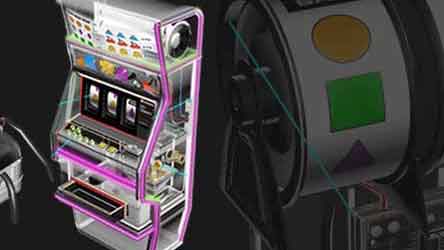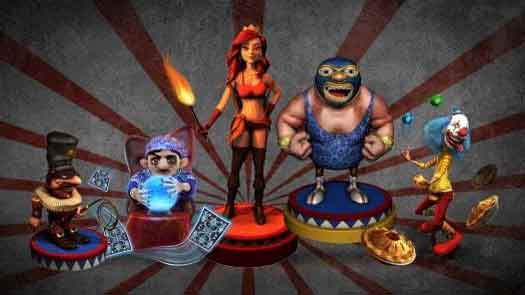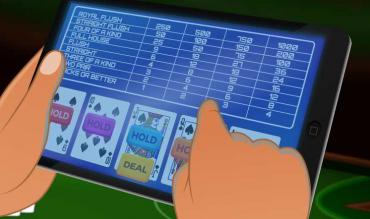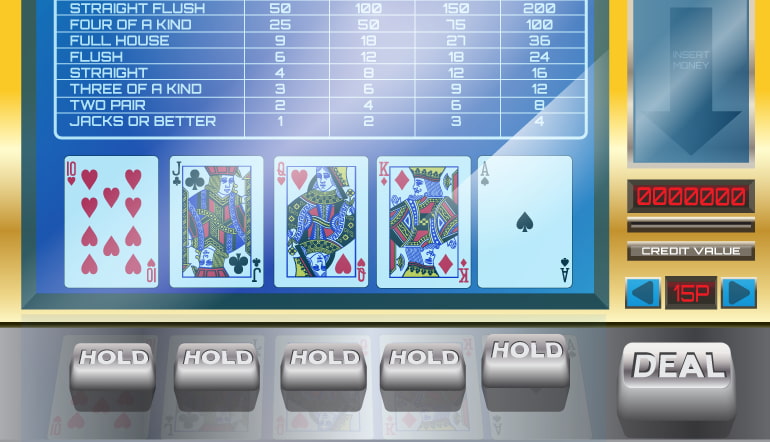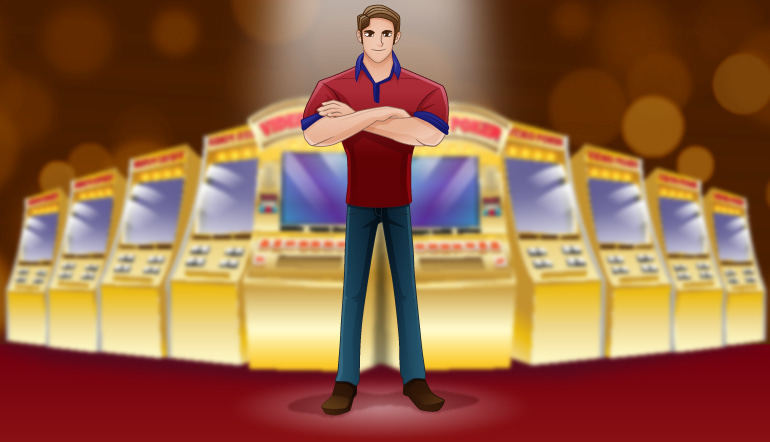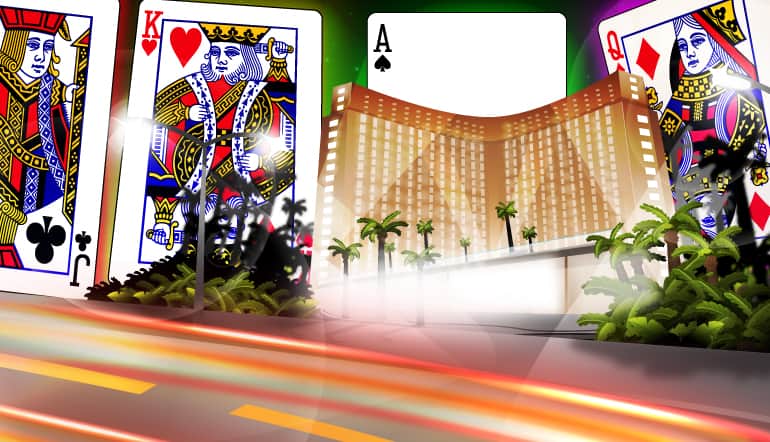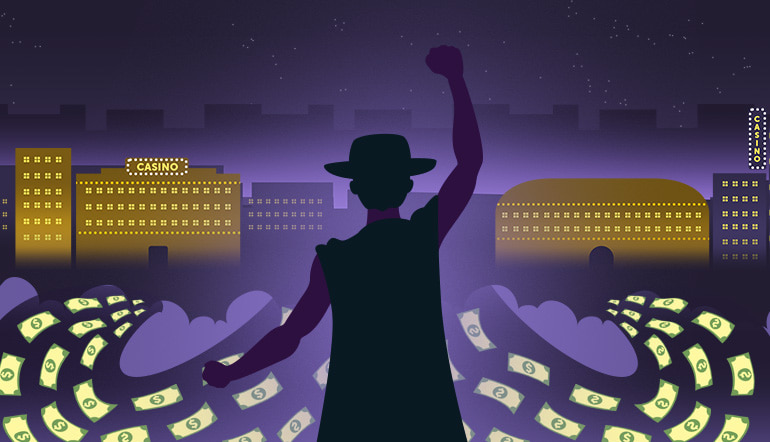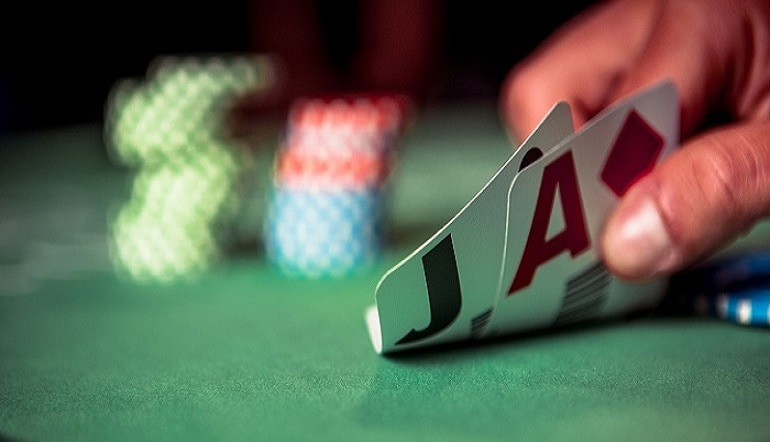Pretty much everyone understands that 21 is the magic number in blackjack. But what about individual cards? Is 10 + Ace the equivalent of King + Ace? What about a multi-card 21 like 7 + 4 + King? How do these combinations stack up? We will unravel the mysteries of blackjack card values by taking on concepts such as Hard Hands, Soft Hands and winning hand totals. Sit back, relax, and enjoy expert insights into blackjack card values.
| Type of Card | Value |
|---|---|
| J, Q, K | Count as 10 |
| A | 1 or 11 |
| 2-10 | Face Value |
Table of Contents
NUMBER CARDS AND PICTURE CARDS IN BLACKJACK
Wouldn't it be great if just 1 deck of cards was used in a game of blackjack? It would be so easy to employ blackjack card counting techniques and eliminate much of the house edge in the process.
As fate would have it, casinos typically feature 6 to 8 decks of cards in blackjack games. The number of decks has an impact on card counting and the house edge. In most cases, the house edge is less than 1%. If player-friendly rules are in place, in addition to 1 or 2 decks of cards, the house edge can be whittled down to as little as 0.5%.
As you increase the number of decks in play, so you decrease the effectiveness of card counting. That being said, there are many venues where blackjack can be enjoyed with 1 or 2 decks of cards.
It's always a good idea to seek out these games for the inherent benefits they afford players. Regardless of the number of cards, it's pretty straightforward to understand card values. A standard deck includes 4 suits – clubs, hearts, spades, and diamonds. Every suit has an equal value in blackjack, baccarat, poker, et al. Therefore, blackjack is blackjack – regardless of the suit.
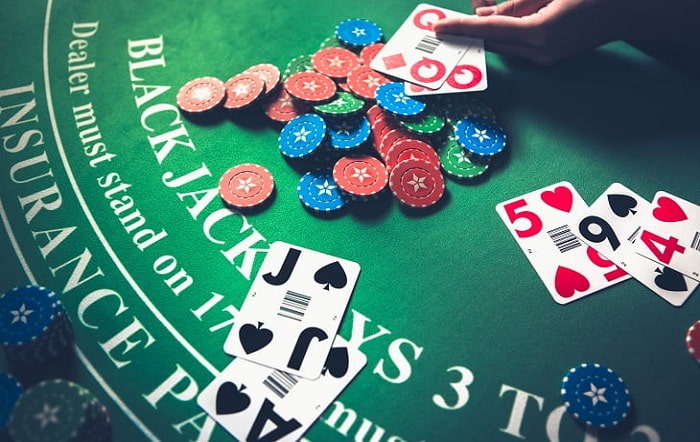
BLACKJACK FACE CARD VALUES
Card values range from Ace to King, and include the following: Ace, 2, 3, 4, 5, 6, 7, 8, 9, 10, Jack, Queen, King. Cards valued at 2 – 10 assume their nominal value. In other words, they can only have one value, and it’s printed on the card's face.
Jack, Queen, and King cards each assume a value of 10. The Ace is the kicker though. It can assume two values: 1 or 11. Blackjack is unique in this regard since it is the only card game where an Ace has two potential values
WHY IS AN ACE VALUED AT 1 OR 11 IN BLACKJACK?
The rules of blackjack have been crafted in such a way to differentiate blackjack from other casino card games. Aces assume values of 1 or 11, depending on the other cards a player is holding. Blackjack card values can vary greatly in this way. For example, consider the following two hands:
• Player: Ace + 7
• Dealer: King upcard
In the above example, the player has two potential hand values. The first is 8 which automatically loses against the dealer’s up card if the player decides not to hit. The second value is more competitive at 18. Precisely what the player does in this situation depends upon the rules of play.
In many blackjack games, the dealer draws to 16 and stands on all 17 (Hard and Soft). If the dealer's face down card is 6, no further cards will be dealt i.e. the dealer will not hit, and the player will win provided he/she does not hit. If the player decides to hit and pulls a 10-value card, the player still wins with 18.
With a Soft 18, a blackjack hand calculator* indicates the following likely returns:
Stand: -0.186187
Hit: -0.138665
Double: -0.321341
Surrender: -0.500000
NOW LET'S CONSIDER A DIFFERENT HAND:
• Player: Ace + 5 + 9
• Dealer: Jack upcard
In the above example, the player has only one potential hand value, and that is 15. If the player wanted the Ace to count as 11, the player would lose (25). With a hand value of 15, a blackjack hand calculator* indicates the following likely returns:
Stand: -0.532261
Hit: -0.502243
It would make no sense for the player in the first example to hit only once, since the hand value could only be 18 maximum, either way. The player would seriously have to believe that he/she would hit two cards with a combined value of 13 to score 21.
A Soft Hand is an important concept in blackjack since it explains a hand that can have an Ace counting as 1 or 11 and still not bust. It is soft because there is some cushioning in the hand. By contrast, a Hard Hand in blackjack has no wiggle room and the Ace counts as 11, or there simply is no Ace in the hand. Put differently, Hard Hands have fixed values – there is no flexibility.
*The blackjack hand calculator requires certain criteria to be met, including 1 deck of cards, blackjack pays 3:2, the dealer is allowed to peak for blackjack, the dealer hits on soft 17, and double down is allowed on any two cards.
21 BLACKJACK CARD VALUES
The name of the game is blackjack, but what does blackjack actually mean? Back in the day, American gambling establishments needed to inject some excitement into the game of blackjack. They promoted it by offering big bonuses to players if they managed to hit a Black Jack and an Ace of Spades.
Remember, the picture-perfect ‘blackjack’ and is a Jack and an Ace, although a King or Queen will work just as well. Years ago, additional payouts were made if a Jack of Spades or a Jack of Clubs was dealt alongside an Ace of Spades.
Blackjack hands can contain any 10-value card and an Ace. It's impossible to form blackjack with more than two cards in your hand. Even a value of 21 (3+ cards) is worth less than an Ace and a 10-value card i.e. a blackjack. That's not to say that your card values won't beat the dealer's hand unless you have 21 blackjack card values. On the contrary, any hand value that beats the dealer's hand without exceeding 21 will win.
This comes as a revelation to many players. You don't need 21 to win a game of 21! The difference comes in the payouts though. If you don't have blackjack, you won't get the blackjack payout of 3:2, or 6:5 at lesser-paying casinos. If you simply beat the dealer's hand total with your hand, the payout is limited to 1:1. This means you get your money back and the same amount of your bet in profit.
Consider the following 21 blackjack card values with a player bet of $100 and a blackjack payout of 3:2:
Player: 6 + 8 + 7 = 21
Dealer: No Blackjack; less than player hand.
In the above example, the player does not have blackjack, but has 21 blackjack card values. The payout is 1:1, or $100 + the original bet returned for a total pay of $200.
NEXT, CONSIDER THE FOLLOWING HAND:
Player: King + Ace
Dealer: No Blackjack
In the above example, the player clearly has blackjack. The payout is 3:2, or $150 + the original bet returned for a total pay of $250. The bigger wins come courtesy of blackjack – the Ace +10-value card.
Now that you understand everything you need to know about blackjack card values, you can confidently start playing blackjack online, in demo play mode or real money mode.
